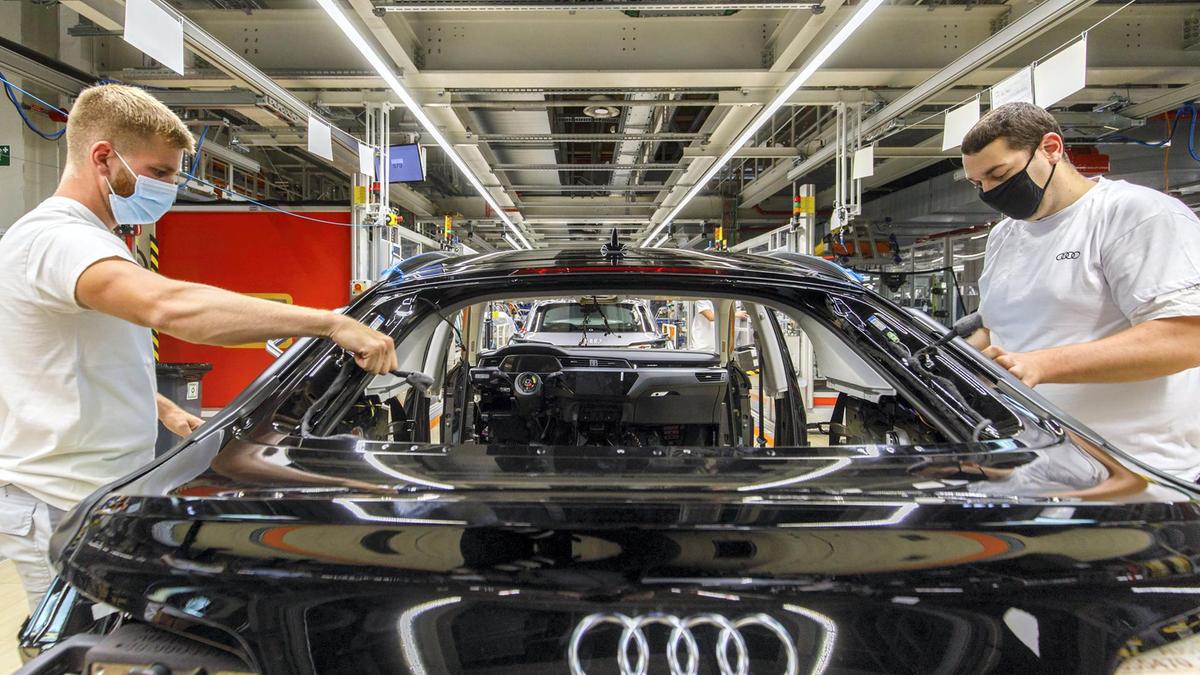5837
0
European carmakers are facing shortage of semiconductors
European carmakers, which have begun to recover from pandemics, are facing new pressures: a shortage of semiconductors.

Yazar: Tom Roberts
Yayınlanma: 21 Ocak 2021 21:03
Güncellenme: 2 Mart 2026 23:24
European carmakers are facing shortage of semiconductors
European carmakers, which have begun to recover from "pandemics", are facing new pressures: a shortage of semiconductors, one of the key components. During the crisis caused by the new coronavirus pandemic, "chip makers had to reorganize their capacities and find new customers," said Wolfgang Weber, CEO of ZVEI, an association with the German electrical engineering industry. This has led to increased orders from manufacturers of entertainment equipment, such as televisions, hi-fi and game consoles, as well as in the biotechnology and computer industries. However, the automotive industry has rebounded from the bottom faster than expected, which means greater demand for chips used in increasingly sophisticated electronic vehicle components. "However, chip makers need several months to change their production again and be able to meet demand again. Unfortunately, this cannot be done faster. Automakers should understand this and take it into account in the future," Weber explained. The German Automobile Industry Association (VDA) said it was "working intensively to secure the supply of semiconductors", including in cooperation with the German government. The lack of components has already led to the cancellation of changes and reduced production at Volkswagen, Audi and Daimler, which have again included more employees in the state job protection scheme, kurzarbeit. German experts also pointed to the secondary effect, namely the reduced production of some components in China. According to the German Agency for Mineral Resources (DERA), twenty silicone plants have recently been closed in the country. One of the reasons is the alleged prolonged drought in certain regions, which has resulted in a decrease in the output of hydropower plants. "And coronavirus production losses need to be offset," said DERA boss Peter Buchholz. However, he does not think that supply problems will be long-term. Meanwhile, ZVEI has called on European chip makers to strengthen their production capacity to ensure "technological sovereignty".İLGİLİ HABERLER





European stocks soared and focus shifted to German retail sales after Powell's speech!

Forex Signal For TRY/USD: Inflation Slowdown in November.

Forex Signal For GBP/USD: Bullish Trend Still Not Breaking While Recovery Continues.

Forex Signal For EUR/USD: Starry US Data Points to Higher Fed Increases.

Forex Signal For BTC/USD: Downside Continues as Bitcoin Recovery Moves Less.
En Popüler Haberler
Yorum Yap
Yorumlar
Henüz yorum yapan yok! İlk yorumu siz yapın...